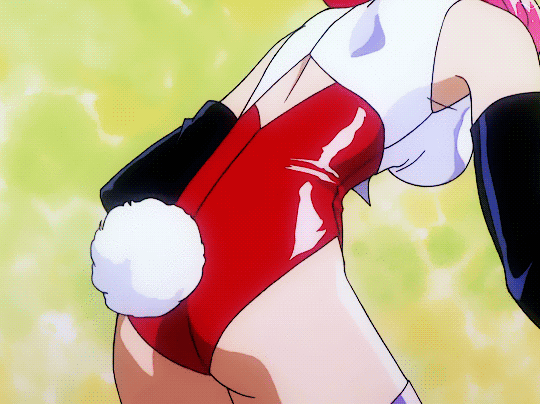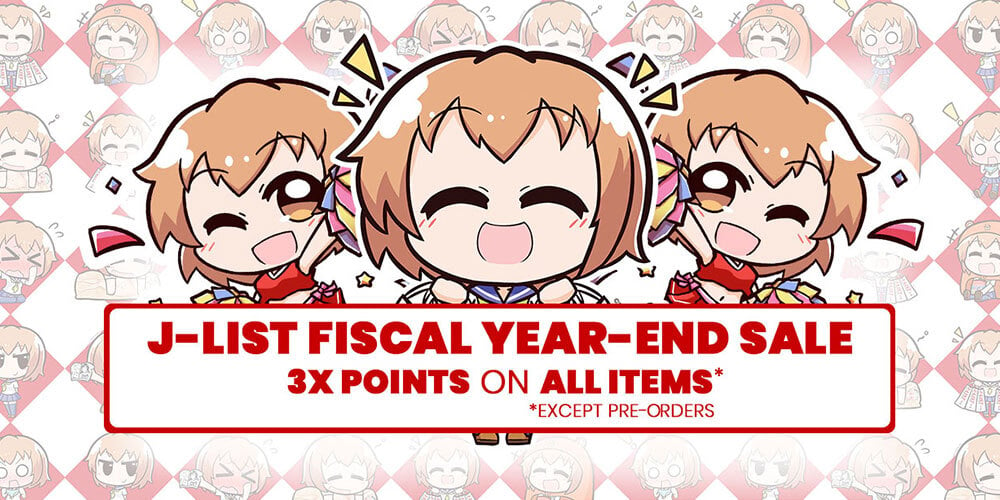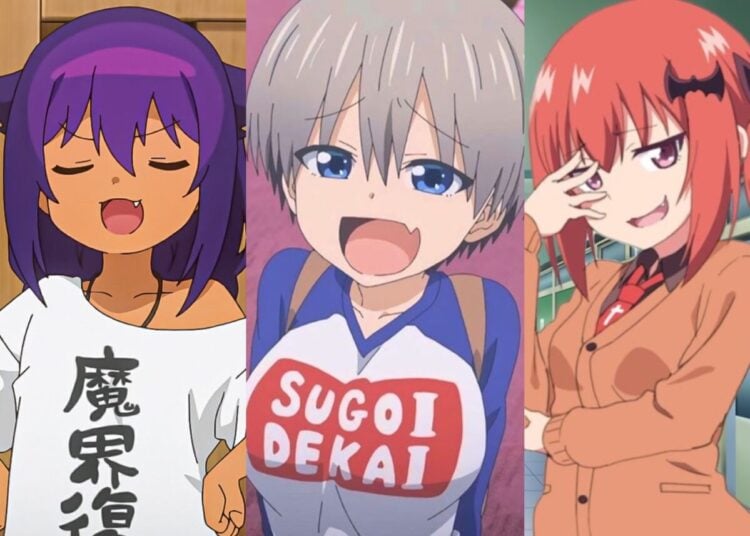Whenever people get culturally closer to another country, words are shared between them. Let’s look at 16 Japanese words we use in English, some of which might surprise you!
The Origins of 16 Japanese Words we Use in English
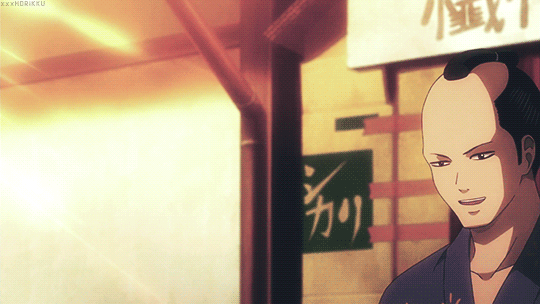
Tycoon
Did you know the word “tycoon” was Japanese? The term 大君 taikun was created as an official way to address the Shogun of Japan, who was the military ruler of Japan but not a king per se. There’s a letter from Abraham Lincoln addressing the 14th Tokugawa shogun of Japan with this term on Wikipedia.
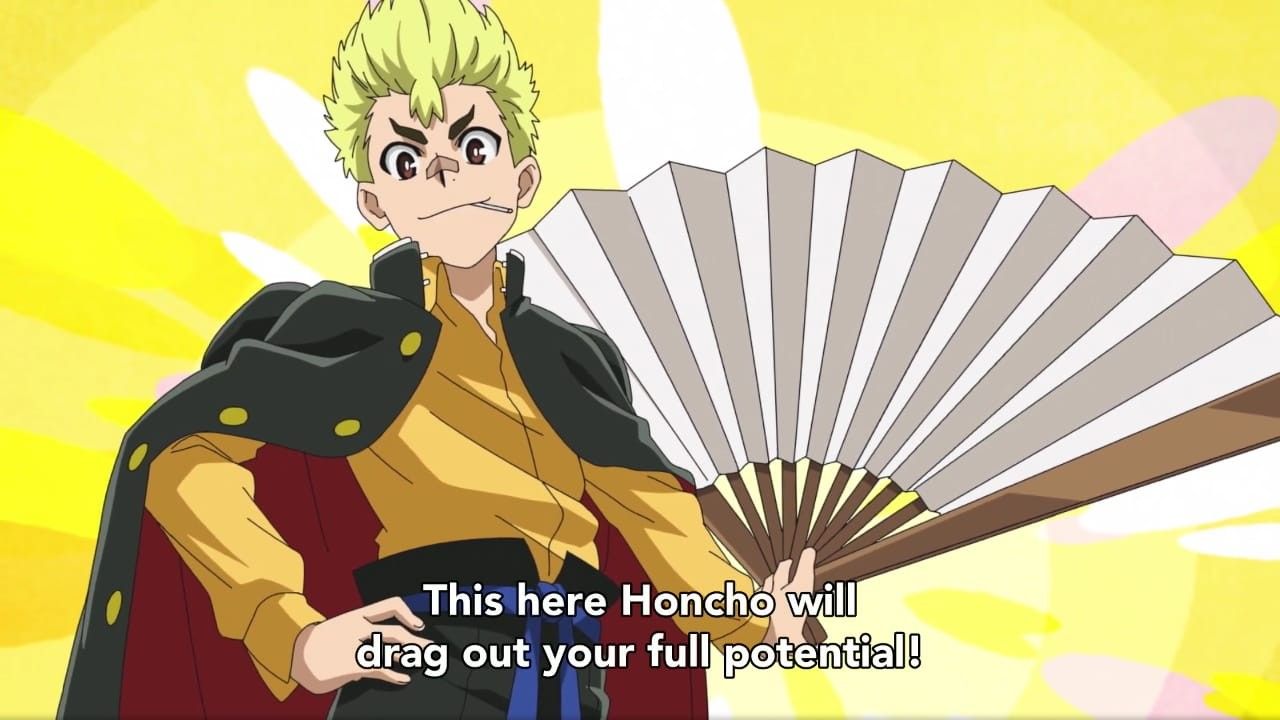
Honcho
Any time you refer to someone as the “head honcho” of something, you’re speaking Japanese! Japanese neighborhoods are organized into blocks called 班 han, and the designated leader of one of these sections is the 班長 hancho. It was one of the Japanese words that entered English during the Allied occupation of Japan.
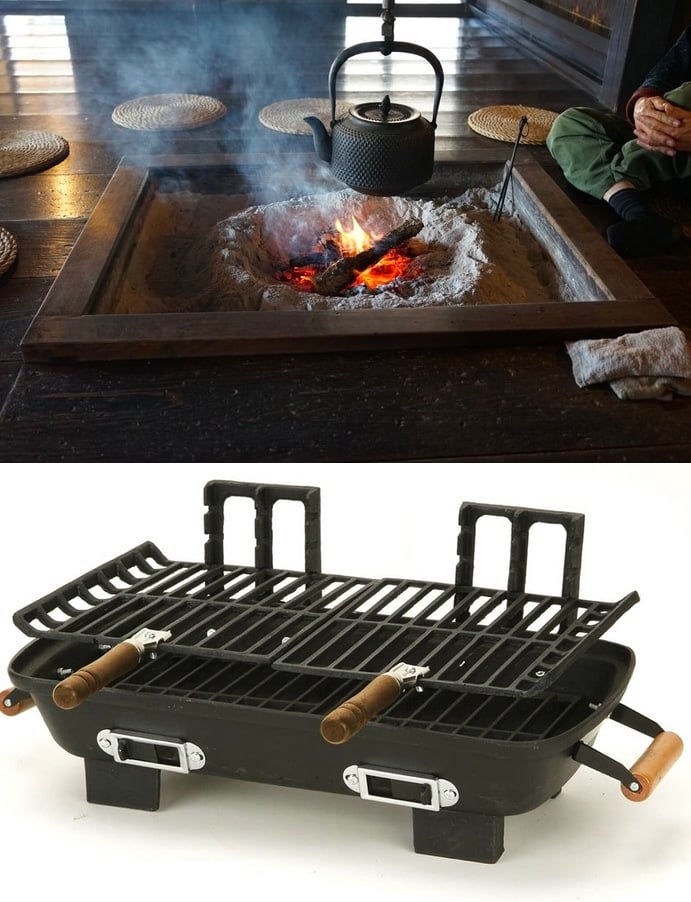
Hibachi
When I was ten years old my family lived in a small apartment, and one day my mother brought home a small charcoal barbecue with the mysterious name of hibachi. When I came to Japanese I learned that a real hibachi is a hearth built into the floor for cooking.
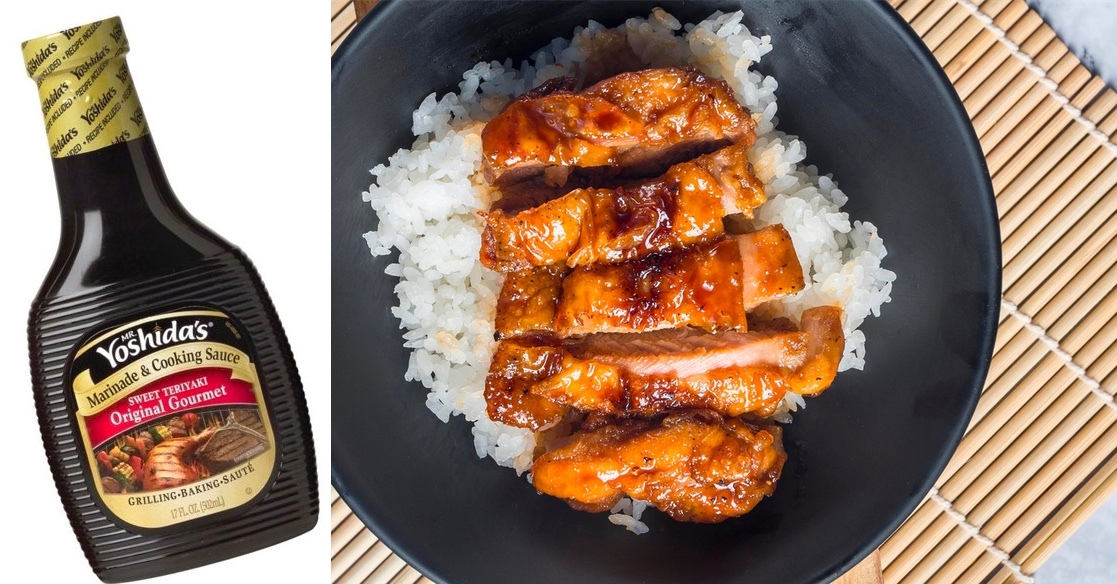
Teriyaki
One of the most popular Japanese flavorings is teriyaki, which is made from mixing soy sauce with brown sugar. Imagine my surprise when I came to Japan and found almost no teriyaki, other than McDonald’s Teriyaki Burger. It turns out that teriyaki isn’t an authentic Japanese food, but a fusion food created by Japanese immigrants to Hawaii, after which it spread around the world. According to Wikipedia, Seattle is the “teriyaki capital” of the United States.
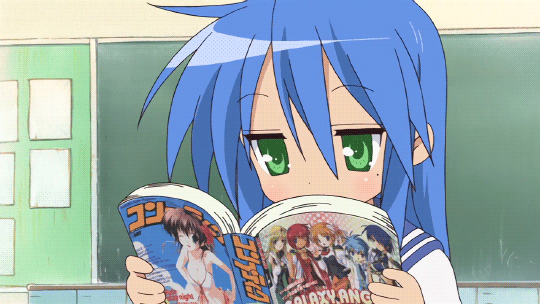
Anime / Manga
Back in the old days of the 1980s, animation from Japan was called “Japanimation.” While no one intended this as a derogatory term, it made people uncomfortable enough that the word anime rapidly supplanted it. The term anime was itself quite new, only appearing in the mid-1970s and helped along by the popularity of Animage, which launched in 1978. Before this time, animation was referred to as manga (which literally means “whimsical pictures”), and people of my wife’s generation will still sometimes call anime on TV by this term.
More Japanese Words we Use in English: Ecchi
As I’ve written before, the use of the English letter H as a euphemism for sex first appeared in a 1955 Japanese novel called White Demon Fish. We all assume the H stands for hentai, but it seems the letter originally stood for homosexual love before evolving to describe anything sexual in nature.
Hentai
変態 means “transformation” as in an insect’s metamorphosis from one form into another, and biology students must have a hard time avoiding giggling when studying the hypermetamorphosis of certain types of beetles. The groundbreaking 1886 book Psychopathia Sexualis, which dared to scientifically analyze non-standard sexual behaviors including homosexuality and masturbation, was translated into Japanese as 変態性慾心理 Hentai Seiyoku Shinri, or Studies on the Psychopathy of Sexual Deviance. While hentai is a casual insult for anyone acting perverted in Japan today, in the West it specifically refers to hardcore erotic animation from Japan.

Cosplay
The June 1983 issue of My Anime did a feature on the rise of “hero costume play” at fan events, but on one page they didn’t have enough space to fit the whole title in, so they shortened it to cosplay. The rest is history.

Senpai
The term for an upperclassman, or a superior in an organization, is senpai. The term spread widely when the Has Senpai Noticed Me Yet? meme exploded across Tumblr in August of 2012.
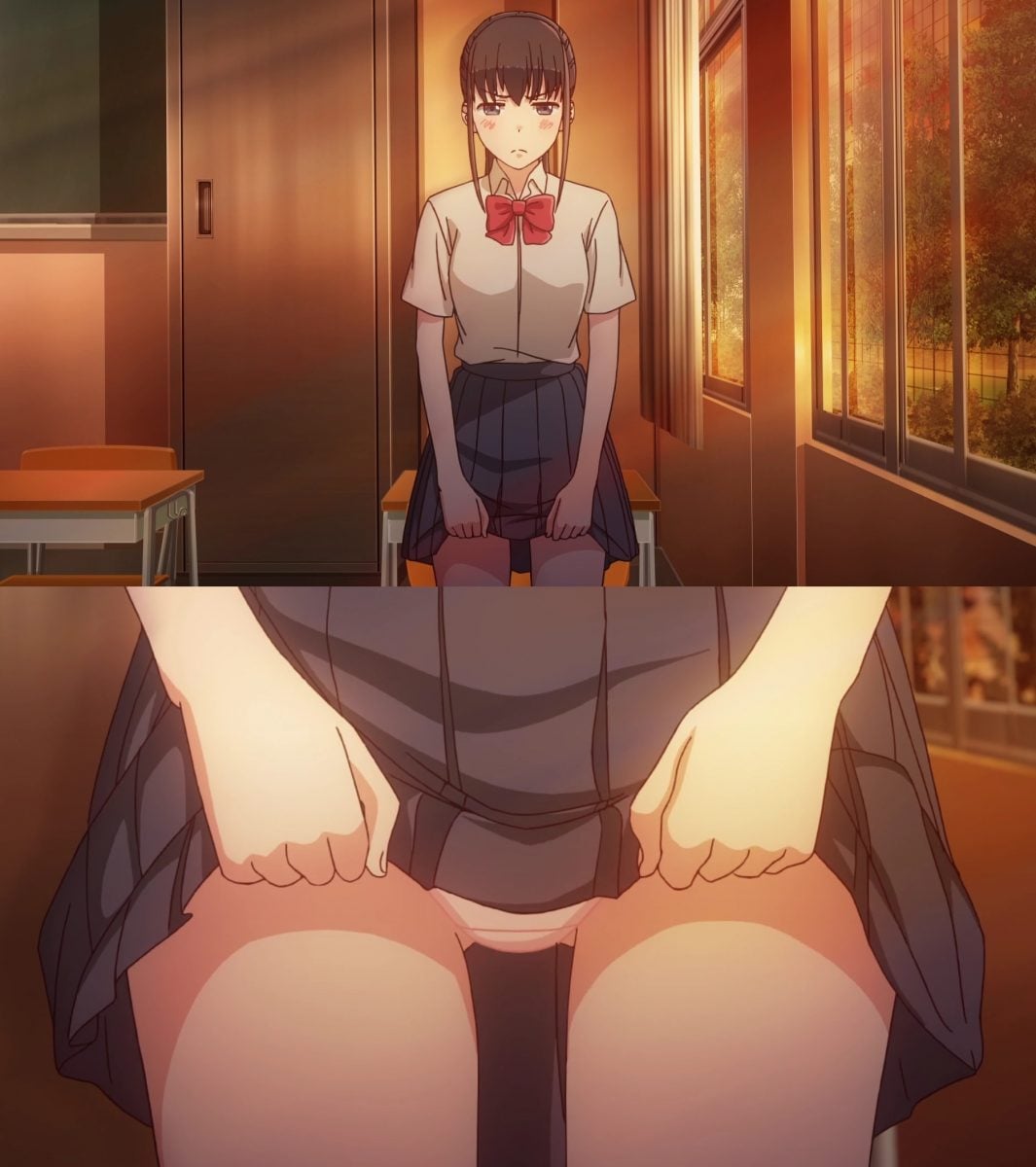
Skosh
One of the older Japanese words to get imported to English, the word sukoshi (meaning “a little bit”) entered some dialects of American English as a result of the Occupation of Japan after the war. It’s weird to hear someone say “raise it up just a skosh.”
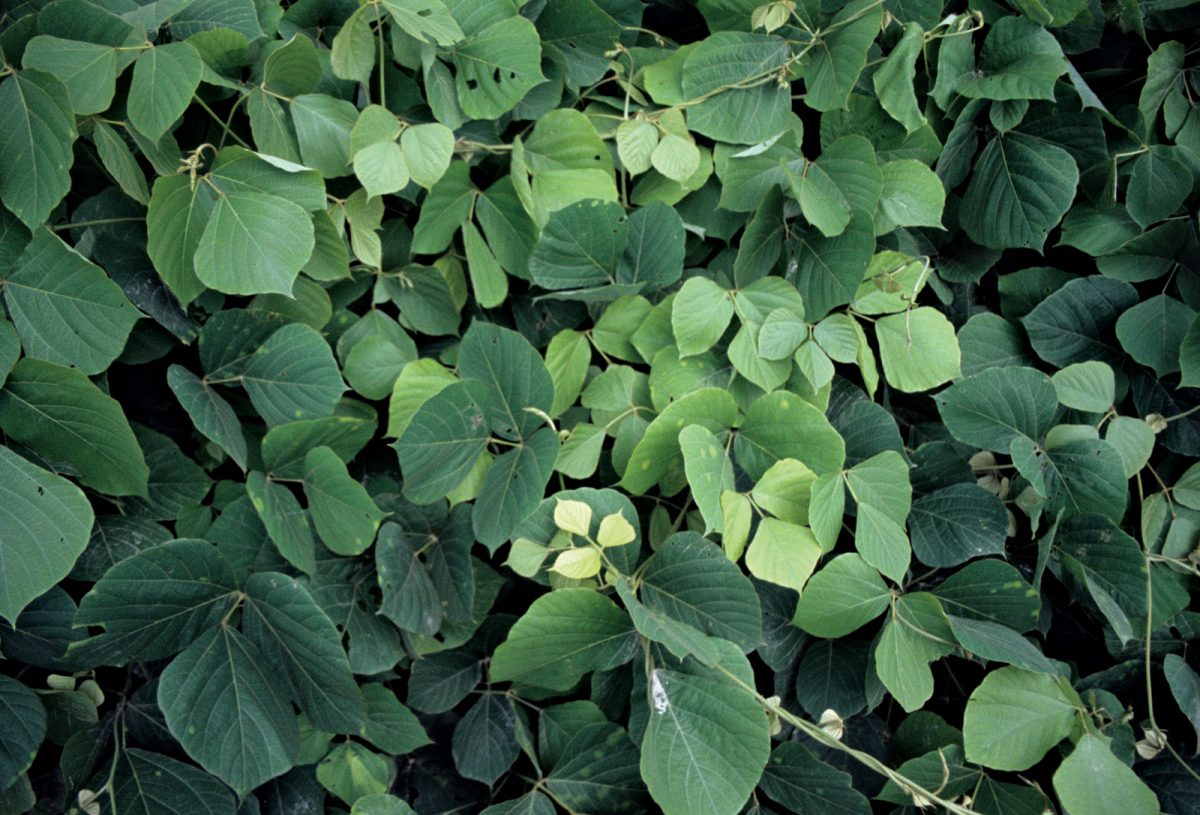
Kudzu
A Japanese vine called kuzu was introduced to the U.S. during the Philadelphia Centennial Exposition in 1876. Unfortunately, kudzu is a very invasive plant, growing a foot per day, and has been called “the vine that ate the South.”
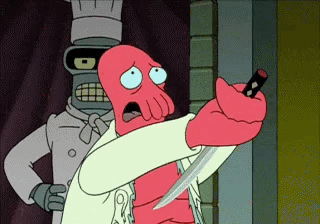
Hara-kiri
The word for ritual suicide by a samurai is 腹切 hara-kiri, also written as 切腹 seppuku, which are the same characters reversed. The first word uses the Japanese pronunciation of the characters, the second, the Chinese one. The word “harry carry” is another remnant of WWII, when Japanese soldiers would commit suicide rather than allow themselves to be captured.
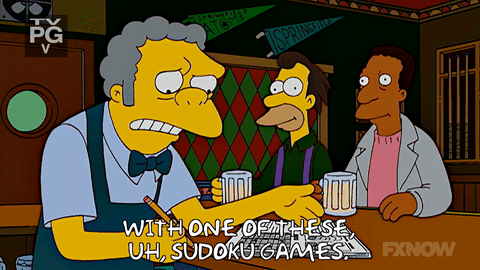
Sudoku
Sudoku is a popular math puzzle game, but it didn’t come from Japan: it was created in Switzerland in the 18th century. The reason it feels like a Japanese thing is because of clever marketing… the same reason you probably believe Häagen-Dazs comes from some Scandinavian country when it actually comes from Brooklyn.
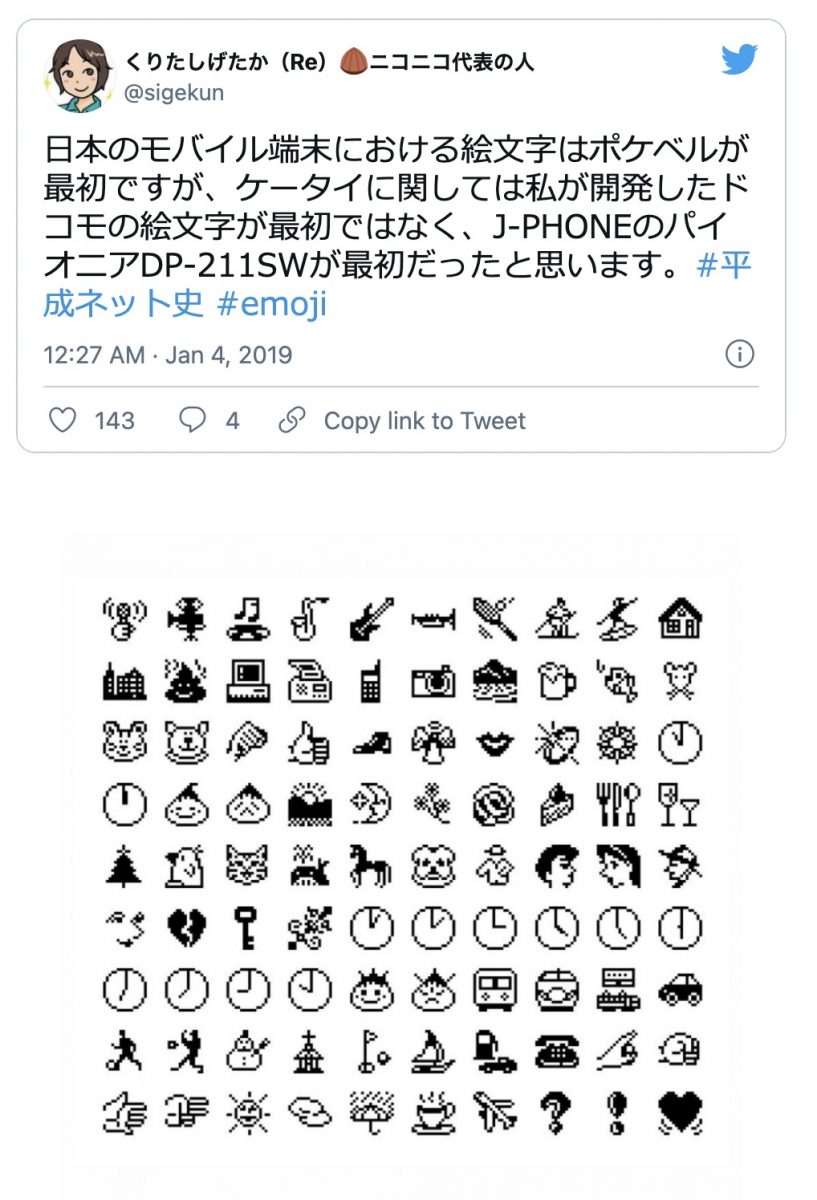
Emoji
The first Japanese cell phone to feature dedicated character sets to express emotions came out in 1997. The word means “emotion characters.”

Japanese Investing Terms
Finally, if you ever dip your toes into the investing world, you’ll discover dozens of Japanese terms like maru-bozu or doji or bullish harami. Candlestick charting was invented in 18th century Japan as a way for traders to manage rice futures, and the terms have stuck around.
Thanks for reading this post about 16 Japanese words we use in English every day. Did we miss any other interesting ones? Tell us below, or on Twitter!
J-List’s fiscal year ends at the end of the month, and rather than count all our inventory, we thought it’d be much more fun to sell it to you! From now through May 31st, you get 3x J-List Points on all in-stock items! This means you can buy all the awesome anime figures, doujinshi, how to draw books or our signature naughty products and save tons of money! Start browsing now!


